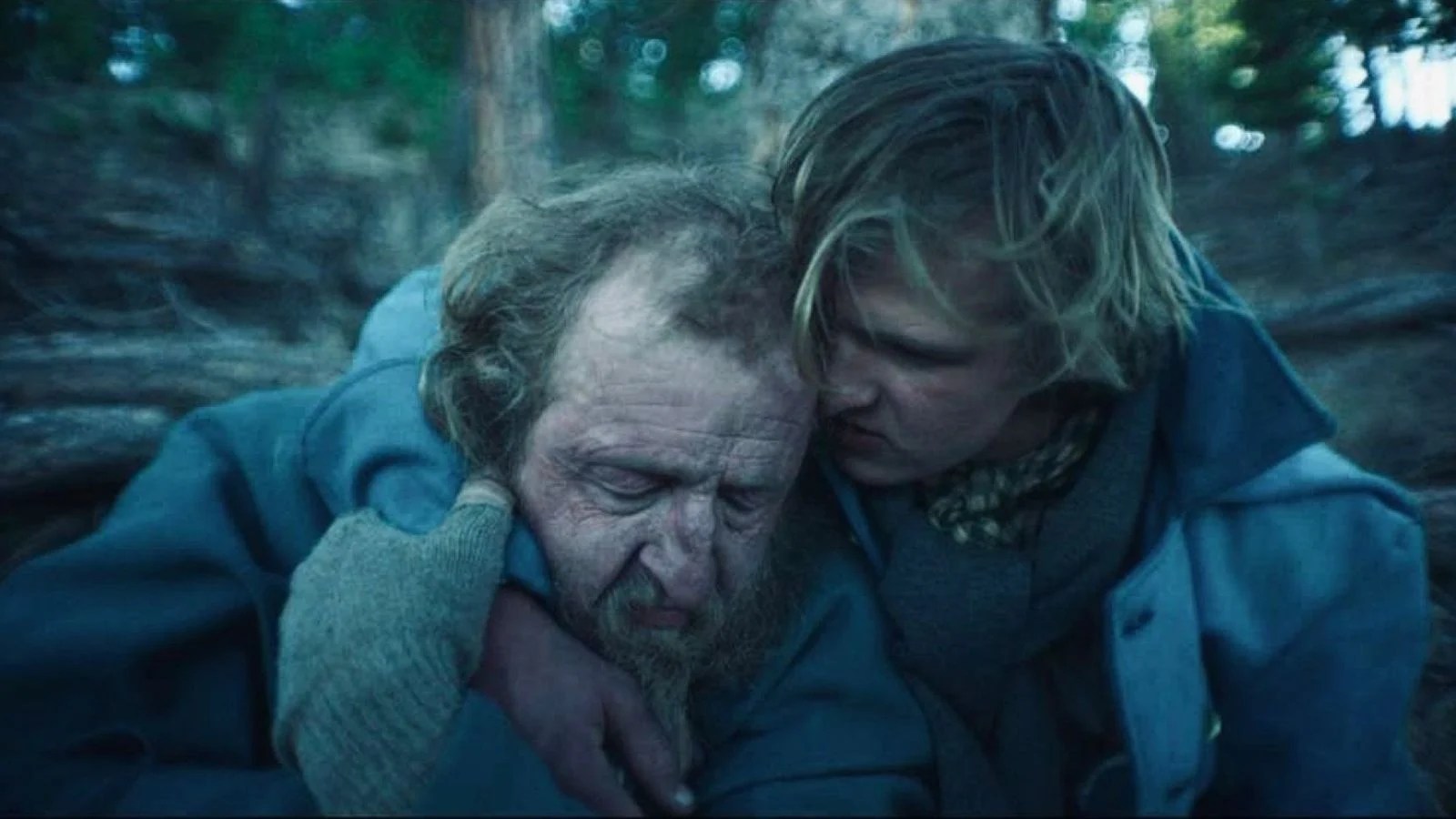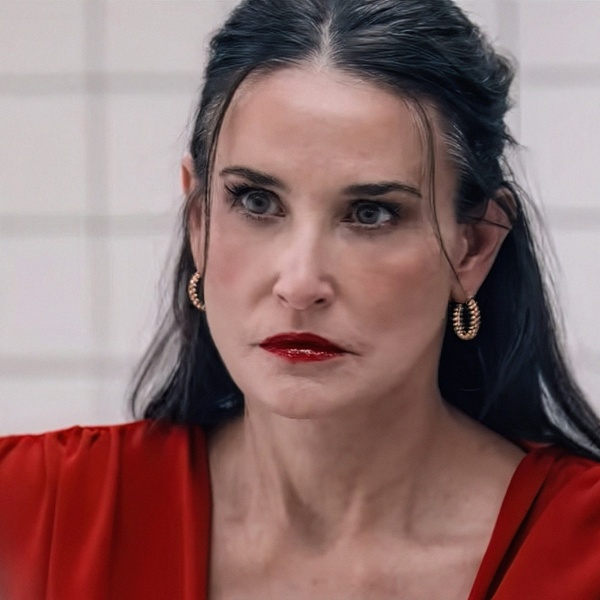A war can only go on for so long before its causes start to fray at the seams and the people who enlisted to fight on their behalf are forced to reckon with the basic fact of what they’re actually doing out there. Few movies this side of “The Thin Red Line” have been more attuned to that awful but clarifying process of self-recognition than Roberto Minervini’s “The Damned,” a thinly sketched piece of Civil War reenactment about a volunteer unit dispatched to patrol the uncharted borderlands along the western territories during the winter of 1862.
They set off as a noble — even heroic — group of peacekeepers in the proud service of a more perfect union, but after the veil of purpose started to slip loose they were reduced to a bunch of scraggly Union cosplayers fumbling their way through the wilds of Montana in search of anything that might resemble a purpose. Soldiers dissemble into anxious fathers and ill-prepared sons, some of whom are suddenly reminded that they’ve never shot anything bigger than a rabbit before.
As the weather grows colder and the wagons become harder to push up the frozen hills, presumptions of duty and national pride give way to unresolvable questions concerning faith, masculinity, and forgiveness. “You end up realizing that your family is a lot more important than your country,” one of the men sighs to the heavens, as if God hadn’t stopped listening to him somewhere around Chicago. When the bullets start to fly, there’s no telling where they’re coming from, or who might be pulling the trigger. In all likelihood it’s probably just another group of terrified strangers who can’t remember what they were hoping to accomplish in the middle of nowhere, or why anyone should have to die so far from home. Some of these characters might live to be on the winning side of the war, but all of them are irretrievably lost.
On second thought, “characters” is far too strong a term for the walking dead who amble through “The Damned,” a nameless collection of great faces and weary sighs who play cards around the campfire and scan the horizon for anything that might kill them. Minervini clings to some of these people more closely than others (their ranks are culled after a sudden attack offers this movie a brief reprieve from the torpor of its concept), but their individual details are largely subsumed into the collective purgatory they share together, a natural result of Minervini’s refusal to bend any of his soldiers into clean narrative arcs.

Such an approach has become de rigueur for a director whose socially conscious work often straddles the Mason-Dixon Line between fiction and documentary in an effort to blur the other invisible borders of American life at the same time. In “The Damned,” as in his “What You Gonna Do When the World’s on Fire?,” Minervini’s cinema strives to viscerally expand American politics across the bodies of its citizens; the soldiers in this film might be 500 miles away from any place with a name, but they’re still at the mercy of a country that’s in violent disagreement with its own ideals.
Here, the hyper-naturalism of Minervini’s technique is effectively complicated by the self-evident falseness of his subject matter, and the handheld immediacy of Carlos Alfonso Corral’s shallow focus camerawork helps sell the illusion that we’re watching snippets of raw footage straight from the 19th century. So too does the general lack of scenes, as the movie forms around a hodgepodge of loose moments that are increasingly pitched toward despair — especially in the wake of the frenetic gunfight that underscores the pointlessness of the soldiers’ long walk to nowhere. There’s more wind than music, and the fragments of dialogue that survive the final edit feel spied upon rather than scripted.
The only forward momentum comes from a growing awareness that the soldiers are watching this movie along with us, as the sheer inexplicability of their actions at the behest of the U.S. Army starts to distance them from the logic of their own bodies. Or so they tell us. While Minervini’s grip on the film’s concept never falters, the depths that he’s able to plumb with it never deepen.
Tellingly, “The Damned” only threatens to become anything more than a ponderous — if immaculately convincing — Civil War reenactment when Minervini allows his characters to articulate their fading dreams of salvation in the clearest possible terms. After one of the younger soldiers details his easily defined relationship with God, an older man sweetly replies: “I hope it stays that simple for you.” Later, another soldier insists that “when you hear a robin, everything is going to be OK.”
The naivete sticks with you even as the film around it melts away. For all of its period-specific detail, “The Damned” is ironically best redeemed by the atemporality that Minervini superimposes onto each shot. This was such a young country then, but so little has changed about the blind faith we place in the forces that keep us trudging into darkness against our better judgment, broadly defined as those forces might be. By the time “The Damned” arrived at its impenetrably vague non-ending, a part of me was begging that Minervini might pull an M. Night Shyamalan and have his characters emerge into the modern world. They would probably understand it as well as they do their own.
Grade: C+
“The Damned” premiered at the 2024 Cannes Film Festival. It is currently seeking U.S. distribution.




